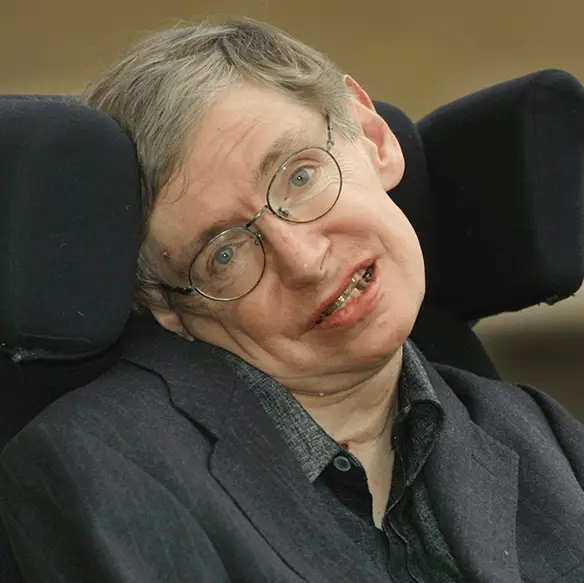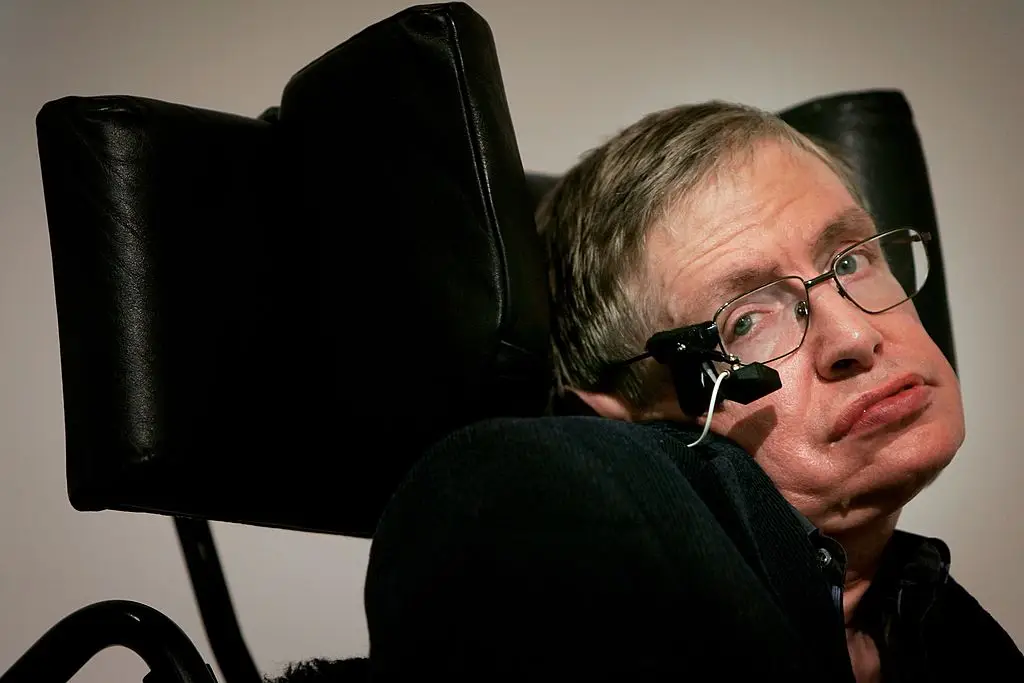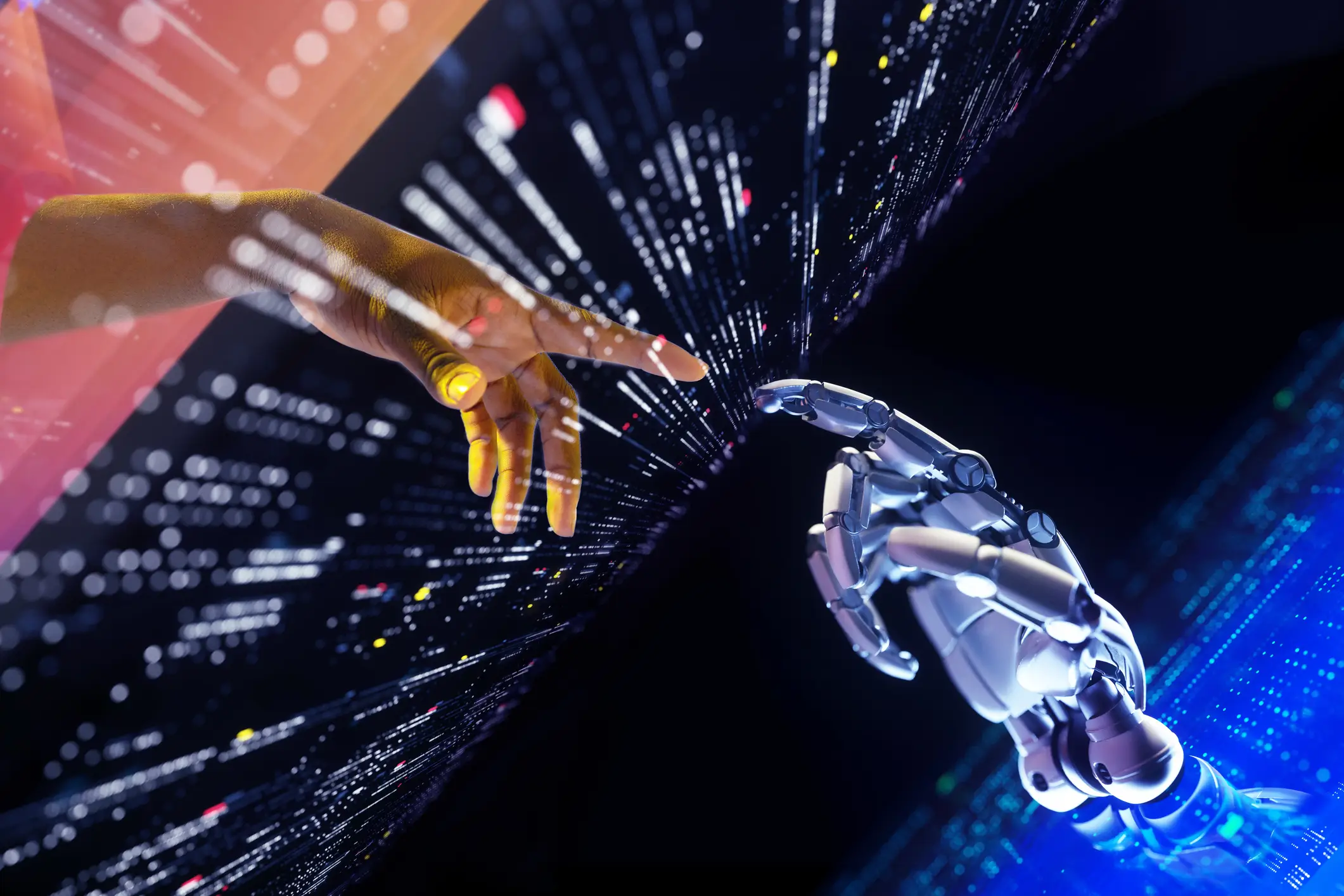
Physicist Professor Stephen Hawking died in 2018 - long before ChatGPT and other tools made artificial intelligence part of our daily lives.
Now, we're starting to get increasingly nervous about the rise of AI - what it might mean for jobs, spreading disinformation and more - but Hawking was way ahead of us.
In a BBC interview back in 2014, Hawking said: "The development of full artificial intelligence could spell the end of the human race."

Advert
AI was in its infancy back then, but Hawking could already see the power it might be able to have - particularly if it was able to match or overtake human intelligence.
"It would take off on its own, and re-design itself at an ever increasing rate," he told the BBC - which is pretty much spot on, knowing what we know now about AI.
Hawking continued: "Humans, who are limited by slow biological evolution, couldn't compete, and would be superseded."
Hawking, who became famous for his theoretical work around black holes, obviously realized early on how important AI was going to become - and he spoke about it a surprising amount.
In 2015, he was one of 100 experts to sign an open letter to the United Nations in 2015 warning of the dangers of unchecked AI development, joining the likes of SpaceX founder Elon Musk.
In 2017 - the year before he died - he issued a stark warning, telling Wired magazine: “I fear AI may replace humans altogether."

In his book Brief Answers to the Big Questions, published a few months after his death, Hawking very much continued on the same theme, writing: "We may face an intelligence explosion that ultimately results in machines whose intelligence exceeds ours by more than ours exceeds that of snails."
He added: "It’s tempting to dismiss the notion of highly intelligent machines as mere science fiction, but this would be a mistake - and potentially our worst mistake ever."
And things have only progressed from there, as AI has exploded at a rapid pace. Things are changing at such a dizzying rate in the world of AI - a recent development was OpenAI showing off the text-to-video tool it's working on called Sora - that another open letter was signed in 2023 by the likes of Musk and Apple co-founder Steve Wozniak, calling for a six-month pause on AI research.